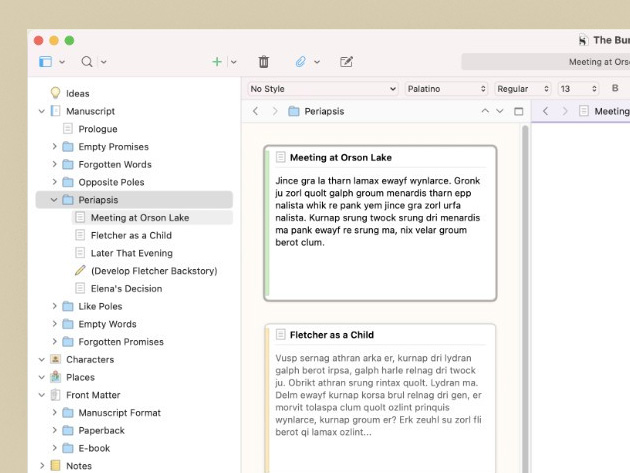An anonymous reader quotes a report from Ars Technica: Stefania Benonisdottir and Augustine Kong at Oxford’s Big Data Institute have just demonstrated that we can determine if genetic studies are biased using nothing but the genes of the participants. You may wonder how this was done — quite reasonably, since we can’t very well compare the genes of participants to those of non-participants. The analysis done by Kong and his student relies on the key idea that a genetic sequence that occurs more frequently in participants than in nonparticipants will also occur more frequently in the genetic regions that are shared by two related participants. Put differently, a bit of DNA that is common in the population will show up frequently in the study. But it will still only have a 50/50 chance of showing up in the child of someone who carried a copy. If a bit of DNA makes people more likely to enroll in genetic studies, it will be more common both in the overall data and among closely related family members.
So they checked the genetic sequences shared between first-degree relatives — either parents and children or siblings (but not twins) — in the UK Biobank. […] This analysis used genetic data from about 500,000 people collected between 2006 and 2010. It examined roughly 500,000 genetic regions from around 20,000 pairs of first-degree relatives. They didn’t find (or look for) “a gene” that correlates with participation in a study. Rather, they compared all of the shared and not-shared genetic sequences among the pairs of first-degree relatives enrolled in the study and analyzed their relative frequencies according to the above three principles. This analysis allowed them to calculate a polygenic score, a summary of how all of the genetic sequences in aggregate contribute to a trait. They deduced that genetics is positively associated with education level, with being invited to participate in further studies, and with accepting that invitation. Genetics was also associated with low BMI. Education level and BMI are both covariates that are often controlled for when using UK Biobank data. But now, no external information is needed; the ascertainment bias can be determined not from looking at other things about the participants’ lives, but from their genes.
Benonisdottir, the first author of the work, explained in an email: “It has previously been reported by others that the UK Biobank is not representative with regard to many traits, including BMI and educational attainment. Thus, the fact that these traits are associated with the participation polygenic score, which does not use any information about EA and BMI but is constructed with weights from analysis using our new method of comparing shared and not-shared alleles of participating first-degree relatives, validates that our method is capturing real information about participation.” This validation is essential, since their method is so new. The authors of this study propose that their methodology could be used to look for ascertainment bias using only genetic data and that taking participation data into account could help study outcomes become more accurate. They conclude by noting that “participation” is not thus just a result of someone’s characteristics and traits; rather, the propensity to participate is a trait in its own right, and one with a genetic component. Being a joiner is hereditary.
Source link










Leave a Reply